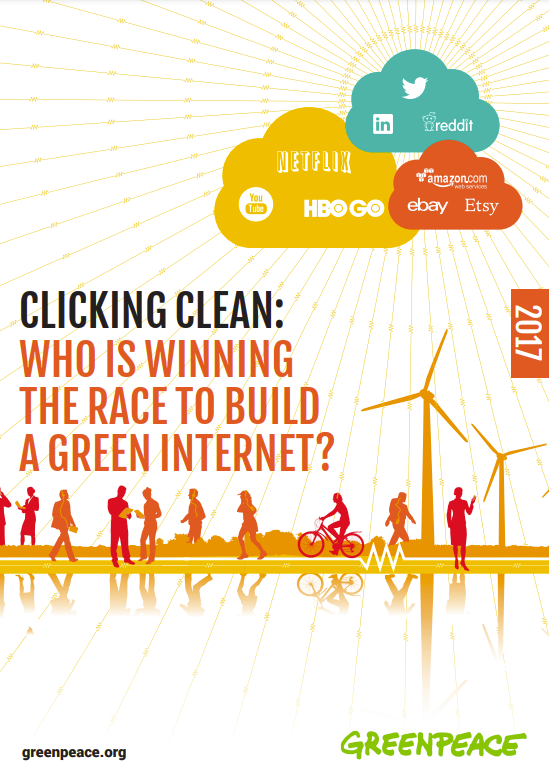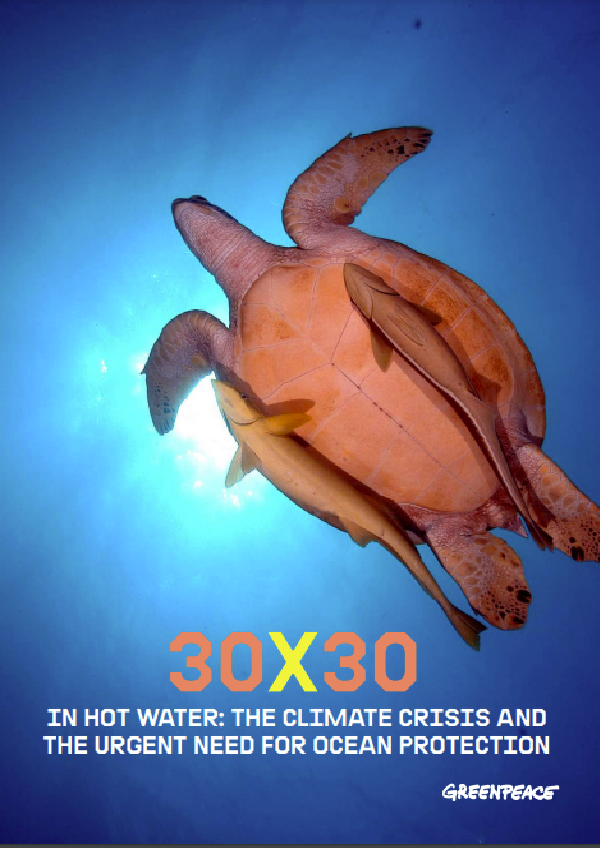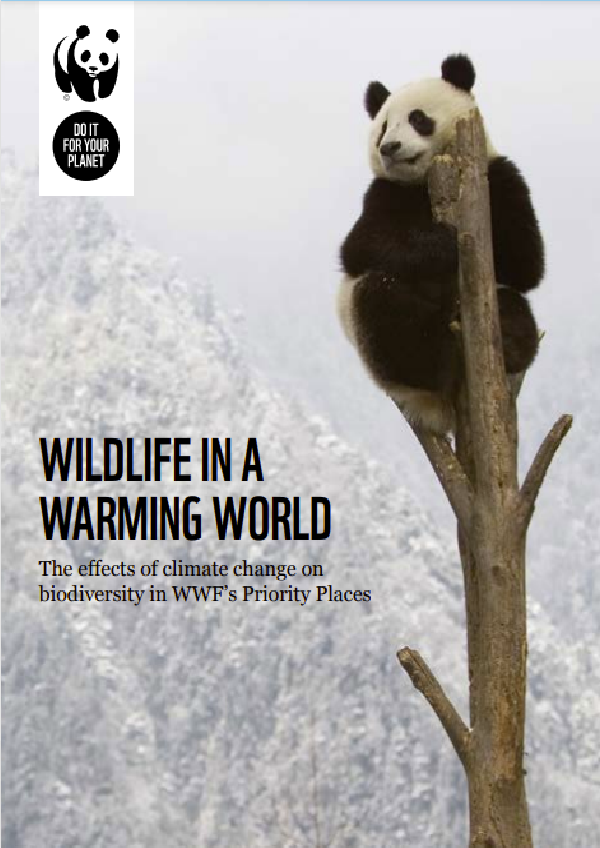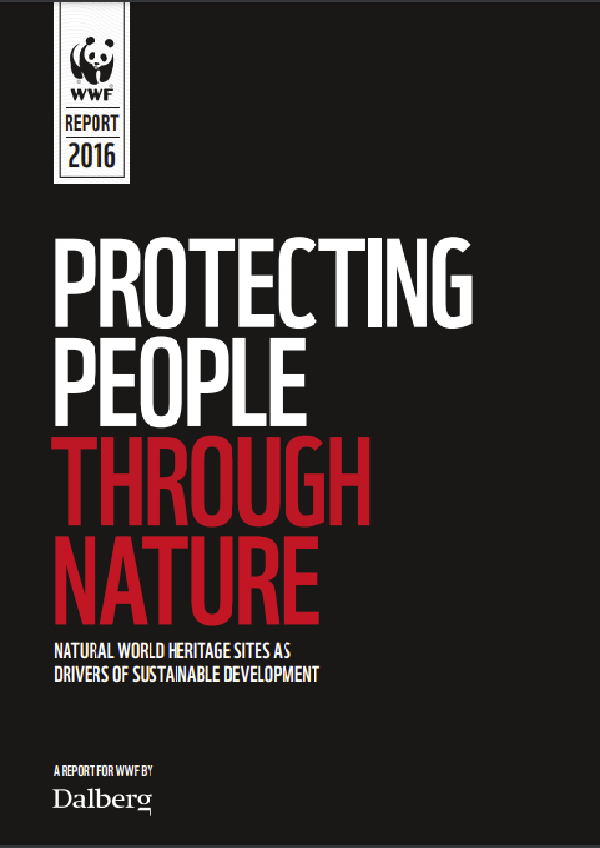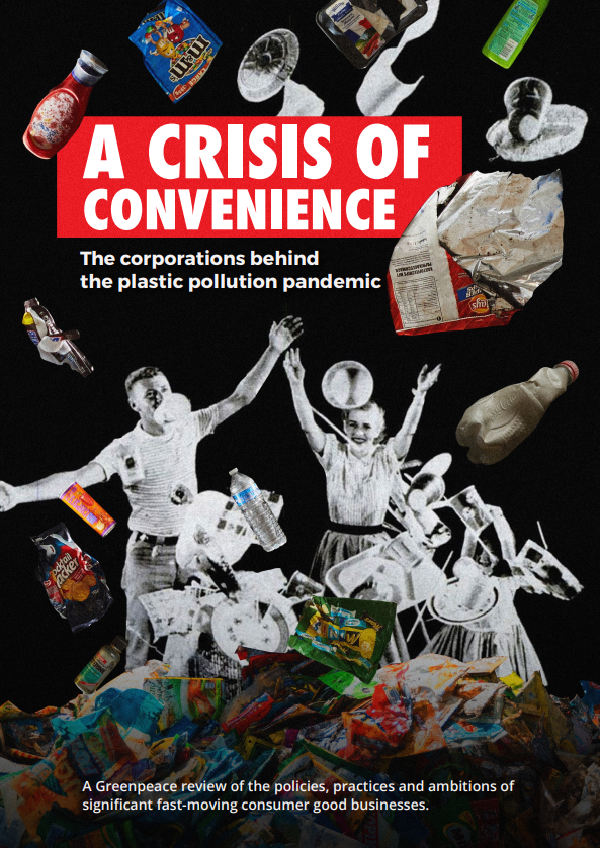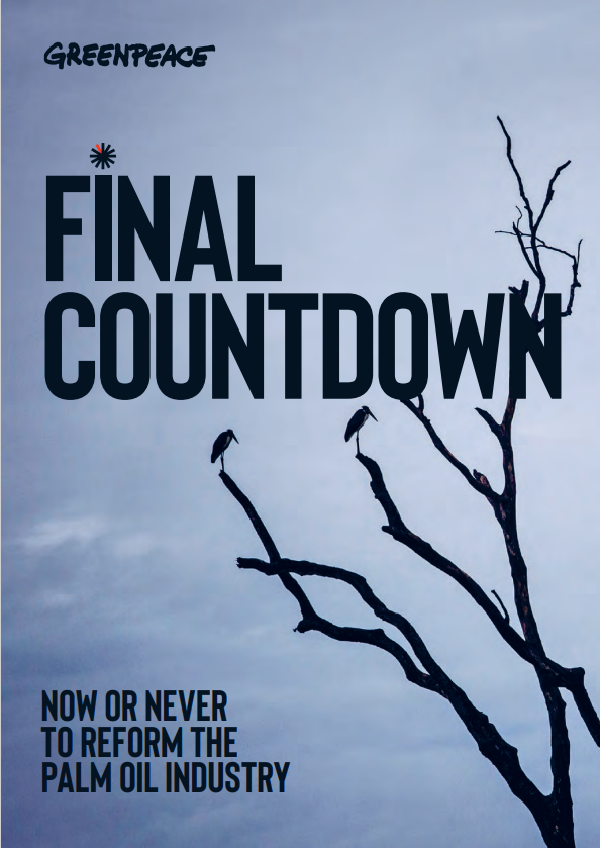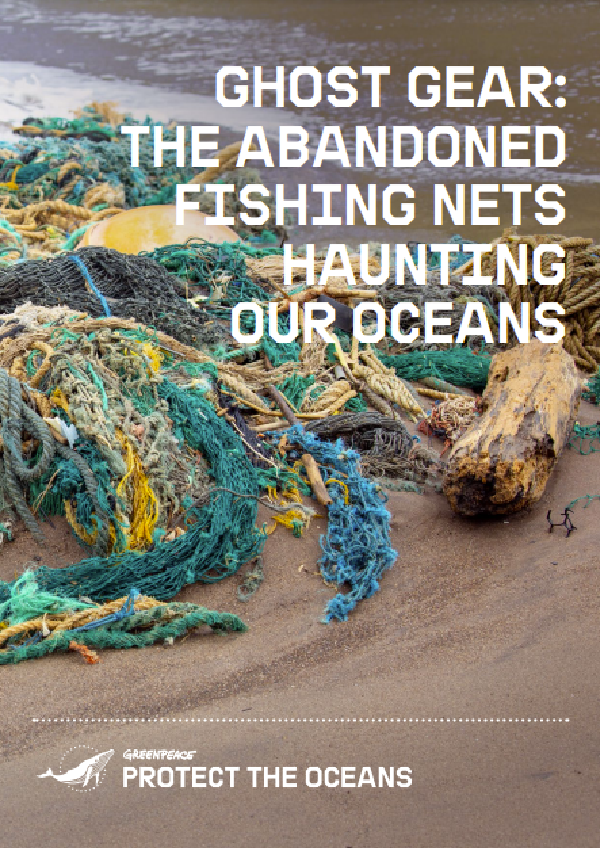The internet will likely be the largest single thing we build as a species. Tasked with creating and then catering to the world’s insatiable appetite for messages, photos, and streaming video, along with critical systems supporting our financial, transportation, and communication infrastructures, the internet serves as the central nervous system of the modern global economy.
Not surprisingly, it takes a tremendous amount of energy to manufacture and power our devices, data centres, and related infrastructural needs. The energy footprint of the IT sector is already estimated to consume approximately 7% of global electricity. With an anticipated threefold increase in global internet traffic by 2020, the internet’s energy footprint is expected to rise further, fueled both by our individual consumption of data and by the spread of the digital age to more of the world’s population, from 3 billion to over 4 billion globally.
In light of the sector’s pivotal role, Greenpeace began benchmarking the energy performance of the IT sector in 2009, challenging those companies who are the largest global architects and operators of the internet to commit to powering their rapid growth with 100% renewable energy. Ultimately, the largest players will be deciding whether our entire digital footprint is powered with renewable energy or antiquated fossil fuels.
Thankfully we actually are seeing a significant increase in the prioritization of renewables among some of the largest internet companies. The race to build a renewably powered internet started with digital platform leaders such as Facebook, Apple, and Google who first made 100% renewable commitments four years ago and have now been joined by nearly 20 internet companies, including global cloud and colocation companies who had previously been lagging far behind.
- Customers who have carbon or renewable energy goals demand that their digital infrastructure is powered by clean sources of electricity;
- The rising cost competitiveness of renewable energy, with long-term contracts increasingly at cost parity or even beating fossil fuels in many markets, while also providing long-term price security.
- Competitiveness among IT companies and the linkage of brand identity with a renewable supply of energy, given the growing concern on climate change among employees and customers.
IT companies that have made 100% renewable commitments are already seeing results in the deployment of a significant amount of renewable energy to power data centers and are modeling leadership
for companies outside the IT sector to pursue their own 100% renewable energy goals. Direct purchase of renewable energy by corporations in the U.S. has increased dramatically since 2010, exceeding 3.2GW in 2015 alone, with over two-thirds of this volume
attributed to renewable electricity deals by major internet
companies.
But while the number of companies committed to a 100% renewable future continues to grow, many of the 100% RE commitments are being pursued on a path that is much more status quo than transformational. These companies are erroneously seeking to receive similar recognition as did the more impactful leadership of Apple, Google, Facebook, and others in the marketplace for being green. Shortcuts threaten to undermine the high-impact efforts set by leaders within the sector, reducing pressure on utilities to shift their investment to bring new renewable energy onto the grid and creating a longer path toward a brighter and more sustainable future.
With this year’s update, we have expanded our analysis to look at the performance of East Asian internet giants such as Tencent, Baidu, Alibaba, and Naver, who are now positioning to expand to the global level. But the lack of access to renewable energy from monopoly utilities is a major obstacle to creating a renewably powered internet in this region. Without key policy changes, the rapid growth of the internet in East Asia will likely be powered by coal and other dirty sources of electricity.
Source: Greenpeace (http://www.greenpeace.org)
